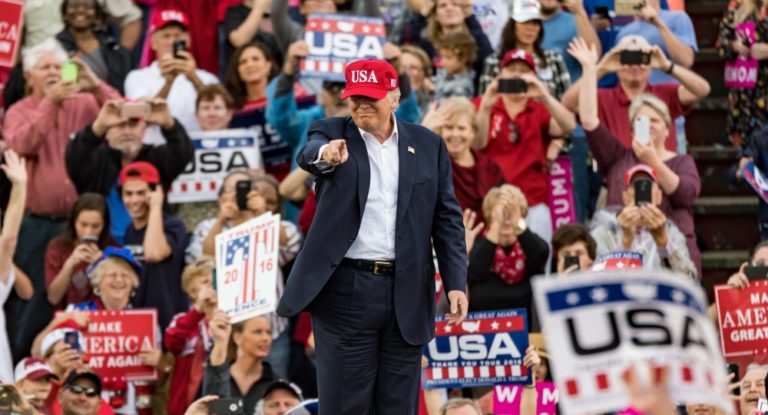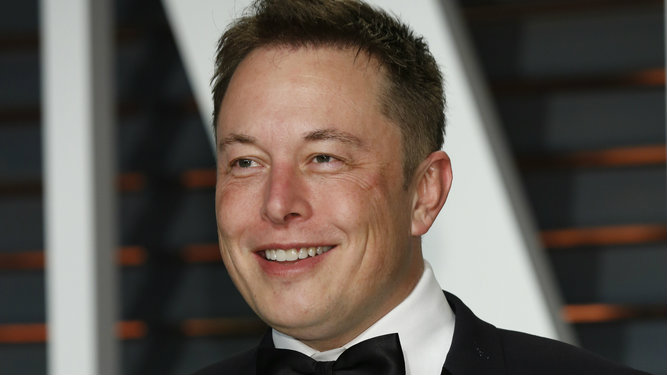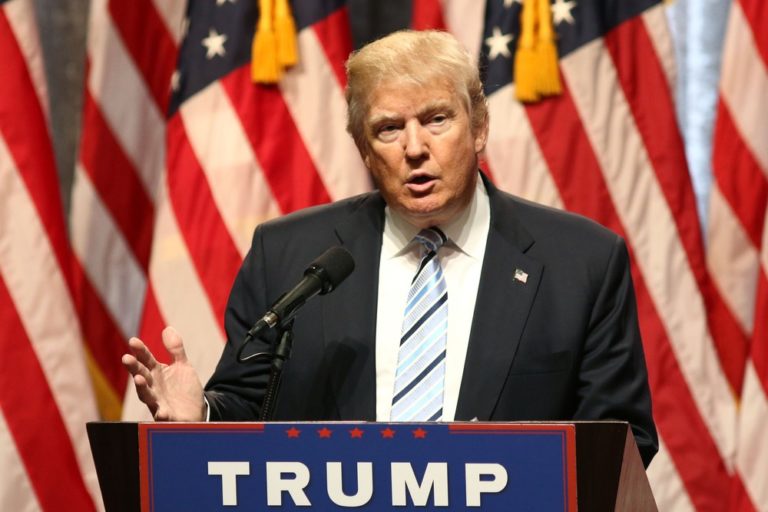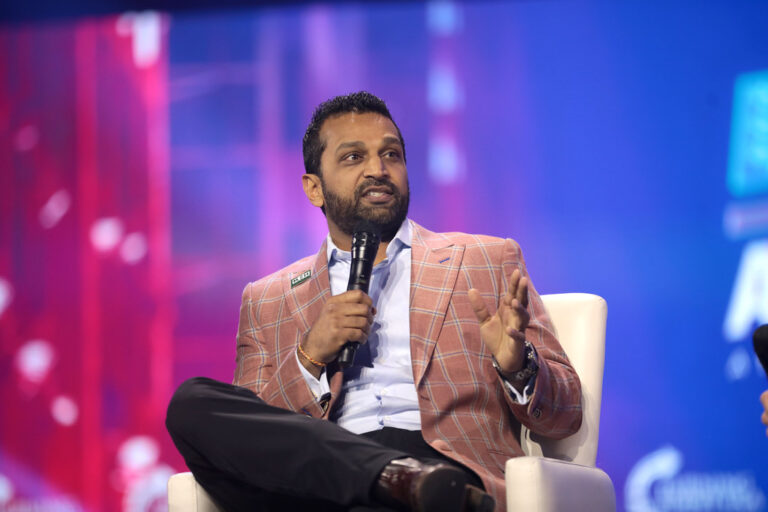Key Takeaways:
- Trump revokes Chevron’s license to operate in Venezuela.
- This move impacts Venezuela’s economy and U.S. oil prices.
- Decision based on unmet expectations for fair elections and deportations.
- Chevron was a key player in reviving Venezuela’s oil sector.
- Both sides react strongly, with potential economic and migratory consequences.
Trump Revokes Chevron License in Venezuela Amid Tensions
The U.S. has revoked Chevron’s permission to operate in Venezuela, a move that could strain relations and affect economies on both sides.
What’s Happening?
President Trump’s decision to revoke Chevron’s license marks a significant shift in U.S.-Venezuela relations. Chevron, the last major U.S. company in Venezuela, was crucial for the country’s oil sector, producing nearly a quarter of its oil. This action could hurt Venezuela’s economy, possibly leading to inflation and slower growth.
Why Did Trump Make This Decision?
Trump cited broken promises by Venezuelan President Nicolas Maduro. Maduro had agreed to improve election fairness in exchange for easing sanctions under the Biden administration. Additionally, Maduro hasn’t met expectations on deporting Venezuelans from the U.S., a key issue for Trump, who is tough on immigration.
Reaction to the Decision
Venezuelan leaders are upset. Vice President Delcy Rodriguez called the move harmful, warning it could worsen migration, a priority for Trump. Chevron stated they are reviewing the decision, while experts predict significant economic impacts, including possible recession.
What’s Next?
Experts suggest Chevron might continue operations until September, allowing time for negotiations. Diplomatic efforts could still happen, but the situation remains tense. This decision could affect U.S. oil prices and Venezuela’s economy, with possible long-term consequences for both nations.
As the situation unfolds, the impact on global oil markets and regional migration remains a concern, keeping this story in the spotlight.








